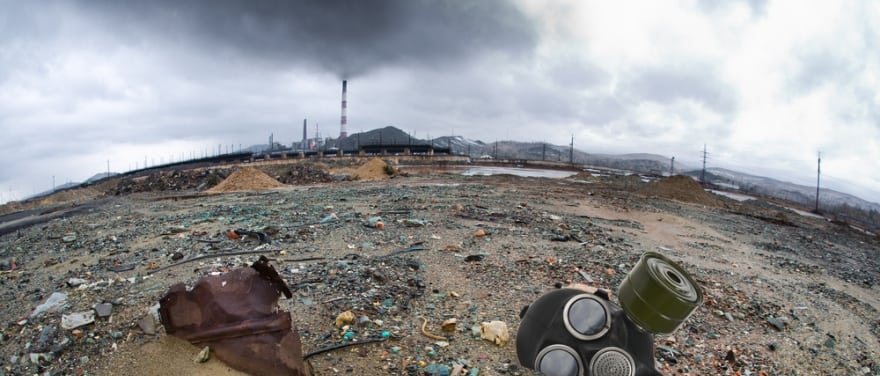The Australian government’s announcement of an emissions reduction target for 2030 has raised international eyebrows and wrinkled the country’s neighbours’ brows.
Prime Minister Tony Abbott’s announcement to cut carbon emissions by at least 26% of the 2005 levels by 2030, was “fairly and squarely in the middle of comparable economies” said Abbott, except Australia has chosen to use 2005 as its base year, coincidentally the year its emissions peaked.
Essentially this means that Mr Abbott’s plan will cut emissions by 20% of 1990 levels by 2030 found a report produced by the Australian Climate Institute, this while the US on the same basis will cut by 32%, the EU by 40% – and the UK will have reduced carbon dioxide by 66%.
According to the Climate Institute the only countries doing less than Australia, when it comes to their carbon emission targets, are Canada and New Zealand.
In response Australia’s Pacific region neighbours criticized, “Australia’s weak target is another serious blow to its international reputation,” said Tony de Brum, Foreign Minister for the Marshall Islands, who argued that the plan sent a serious shudder through the Pacific.
“If the rest of the world followed Australia’s lead, the Great Barrier Reef would disappear. So would my country, and the other vulnerable atoll nations on Australia’s doorstep.”
Despite the poor reception for the plan it is believed that Australia’s commitment means that a new global pact on climate change is more likely to be agreed on this December at a crucial UN meeting in Paris.
While in 1997 the US and Australia rejected the Kyoto Protocol – the world’s first significant attempt to rein in carbon emissions which came into force in 2005, now, just four months ahead of Paris UN meeting the US , EU, China, Australia and 50 other countries, representing over 60% of emissions, have pledged to rein in their carbon as part of a new global agreement on climate change.
UK climate secretary Amber Rudd publicly supported the idea when speaking in the House of Commons Energy and Climate Change Committee saying, “We want 194 countries signed up to keeping two degrees within reach.
“And then, on top of that, I would like to see five-year reviews in which there will be an aggregate look at how we’re doing.”












